Can the European Union Survive the Rise of Nationalism?
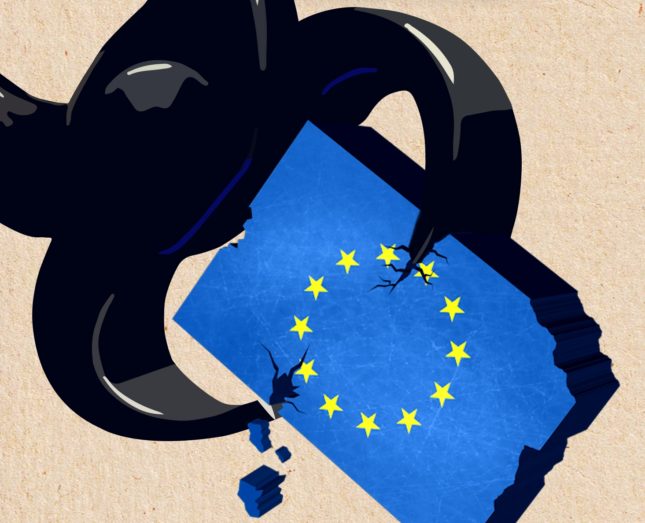
“Patriotism is of its nature defensive, both militarily and culturally. Nationalism, on the other hand, is inseparable from the desire for power.” George Orwell in “Notes on Nationalism” (1945)
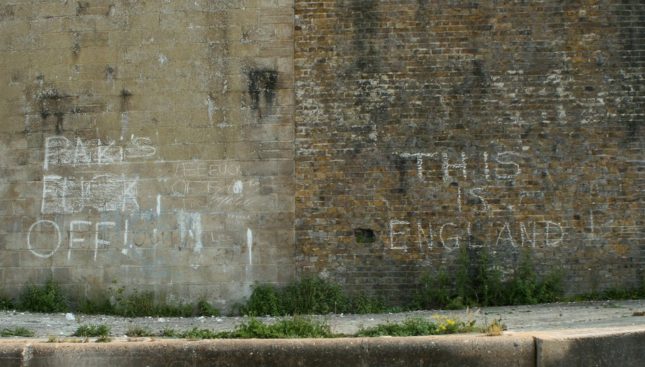
Reclaiming national sovereignty and cultural diversity without racist exclusions
While the globalist world order of supranational corporate imperialism is quickly losing ground, there is a worldwide revival of nationalism. This general sociopolitical trend could, on one hand, be a positive change if its goal is a push for countries to reclaim their national sovereignty anchored in what is left of their cultural specificity; on the other hand it could drag in its trail the ugly mug of racism and of the politics of exclusion in a world that has become, like it or not, an ethnic melting-pot. In this context, we must understand the delicate balancing act of reclaiming our diversity without falling into the trap defined by the divide-and-conquer globalist Manichean strategy of fostering a so-called clash of civilizations. Different cultures and civilizations can, not only coexist peacefully side by side, but further, they can thrive and, by doing so, perhaps reinvent the richness of the human experience, which has suffered decades of degradation of identity under the assault of the senseless globalist cultural meat-grinder that is the weapon of choice of corporate imperialism. In this existential sociological fight to redefine ourselves as citizens and not as consumer slaves of a hideous anonymous machine, the European Union is a key battleground of what could be a post-globalist world order era.
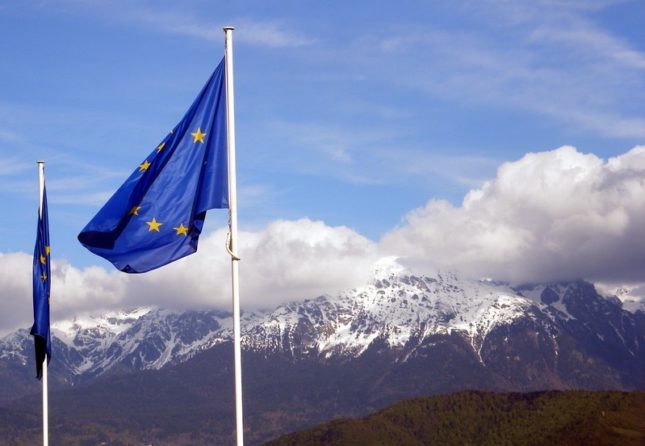
EU: a 65-year struggle for geopolitical survival
The Treaty of Rome was signed 60 ago on March 25, 1957. It is, to a much greater extent than the Maastricht Treaty signed in 1992, the cornerstone of the current European Union. While the Treaty of Rome established the European Economic Community core agreement, the signatory countries composed of Belgium, France, Italy, Luxembourg, The Netherlands and West Germany had a lot more ambitions in mind than just dealing with economic issues. The motivations were not merely a move eventually to create a single market with one currency, but mainly a way to deal with a two fold problem: firstly, European countries had to heal from the carnage of World War II and try to unite former enemies to rebuild a continent in ruins; secondly, it became obvious and imperative for astute European policymakers that, without a unifying strategy, Europe would be completely subjugated and eventually stomped on by either American or Russian boots.

As matter of fact, as early as 1952, the original architect of the EU, Jean Monnet attempted to create a European Defense Community, including an occupied West Germany. This was in the larger context of a European Political Community. The plan was rejected by the French Senate. The political and even military push by the EU’s founding fathers, primarily Monnet and Schuman, has to be understood in the geopolitical context of the Cold War. Europe, especially France after the loss of its colonial empire in Indochina and soon afterwards in West Africa and North Africa, understood that creating a European Union was the only option to retain a voice on the international stage in a post Yalta world completely dominated by the United States and the Soviet Union. The EU’s true goal was always to create a third block to deter the US and the USSR implicit plan to split the world in half between themselves either tacitly or thru various proxy wars fought in satellite states.
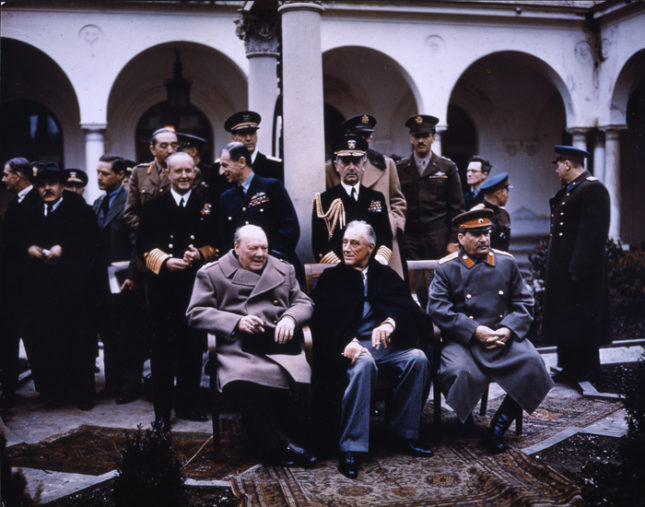
Strictly in terms of geopolitics, when the Axis powers of Germany, Japan and Italy were crushed during World War II, the real losers were the two old empires: France and the United Kingdom. It is not a coincidence that the Treaty of Rome was signed in 1957, which was less than a year after the Suez Canal crisis. In October 1956, a military operation combining the UK, France and Israel was conducted to regain control of the Suez Canal. The attempt, made without consulting the two superpowers, was against Egyptian’s president Nasser. It failed miserably and turned Nasser into the hero of anti-colonial pan-Arab nationalism, while the two old empires were humiliated to submission jointly by the two new ones: the US and the Soviet Union. Yalta’s logic of the two new empires’ spheres of influence had just been put into action. Great Britain and France, as such, were no longer part of the big game.
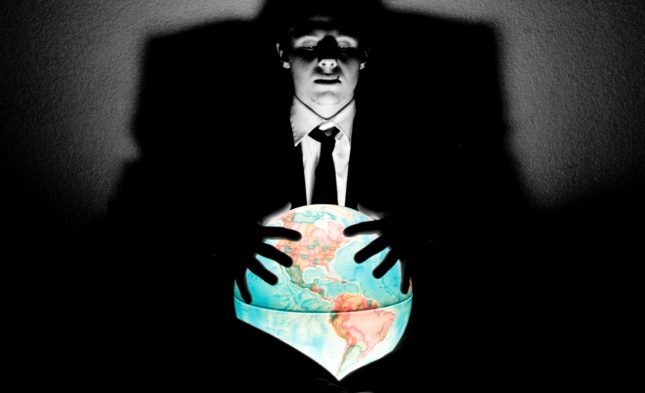
The EU can fight for the national interest of its member states
The summary characterization of the EU as an institution designed to serve supranational globalist elite interests has only merit in a narrow perspective, which certainly doesn’t encompass its spirit or its more than six-decade life span. Specifically, since the early 1980s, in most European countries, citizens have been betrayed by their own politicians, regardless of party affiliations, who have served not their own nations or Europe, but instead masters in Washington, Wall Street, the IMF, the World Bank, or those who pull the global-policy strings as the Bilderberg group’s key board members. Under the direction of a nervous system based in the US, the original political European project was methodically subverted to make it grow too big, by quickly encompassing eastern-European countries which were part of the sphere of influence of the Soviet Union. The US and its docile European globalist little helpers just wanted a nice big wide-open economic market supplemented by a large cheap-labor pool coming from eastern Europe.
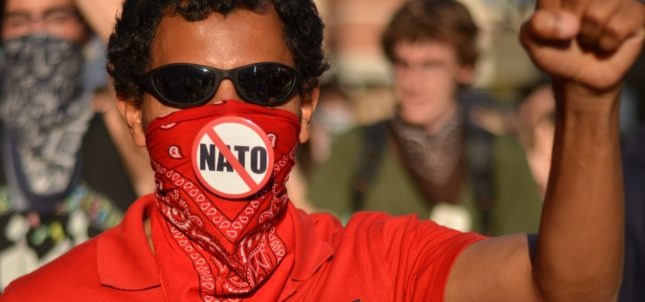
Through various political and financial pressures, the US made sure that the EU would stay a political dwarf with no military might, relying and taking part instead in NATO, the military force of US imperialist expansion. If European citizens are serious about their national sovereignty and the future of Europe, they will elect politicians who want out of NATO as well as put a European army on the fast track. With elections right around the corner in France, Germany and The Netherlands, which are the three biggest country founding members, the future of the European Union is at stake. While redefining the EU, perhaps with clear referendums in all member states, is imperative, the dismantlement advocated notably by the European far-right parties, which are on the rise everywhere, would be a disaster for the geopolitical role of each country wanting to completely opt out of the EU. For example in France, the fact that Marine Le Pen, leader of the far-right party Front National, is courting both the Putin and the Trump administrations in an open manner, to seek some sort of implicit endorsement, should be alarming for all French citizens concerned by France’s national interests and the country’s impact in world affairs.
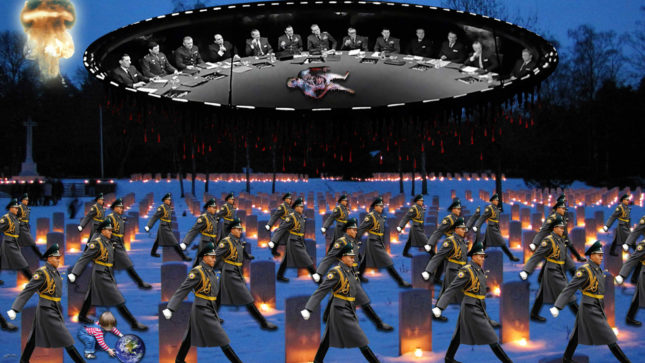
Imperial nostalgia or multipolar world
An impartial observation of various shifts in geopolitical power plays has to be done at this juncture. All of them concern the EU, providing that the union finally wants to become a fully independent and strong geopolitical block, not defined as it is now by largely pro-American and anti-Russian standpoints, or what could become the other way around, by solely being pro-European. The start of the turning point was Ukraine and, specifically, Crimea’s return to Russia. However, the confirmation that Russia was fully back as a major force on the world stage was given when the Kremlin ordered a large-scale military operation in Syria. A line was drawn by Russia in Syria, which the Obama administration and its globalists Western European allies did not challenge openly but covertly and through surrogate Jihadists factions. They lost, along with the Gulf states of Saudi Arabia, Qatar, United Arab Emirates, and Israel.

Gone are the days, like after World War I, when the Middle East king makers were the United Kingdom (Iraq and Palestine) and France (Syria and Lebanon). Not only in Syria but in Iraq as well, the current regional powerbroker is an alliance of three former empires: Iran (Persia), Turkey (Ottoman empire) and Russia. Let’s hope that the old imperial nostalgia do not kick in as the current world order of corporate globalism collapses. Russian President Vladimir Putin once said that the worst day of his life was the day the Soviet Union collapsed. Most people of nations that had empires carry a nostalgia of this false sense of greatness somewhere in their hearts. It is time for US citizens and their government to understand and accept the notion that “America number one” will not reflect the reality of geopolitics for much longer. Further, we should all outgrow this infantile notion that there is somewhere either in Washington or Moscow a quasi-divine father figure who is the most powerful man on the planet. Mr. Putin along with his colleagues of BRICS have actually championed the merits of a multi-polar word. In such a context, the EU has an essential role to play. That is, of course, if as people and nations, we can overcome the desire to conquer and dominate, which has always defined the inherent folly of imperialism.
Editor’s Notes: Gilbert Mercier is the author of The Orwellian Empire. Composite one from the archive of EU Exposed; photograph two by Aliwin; three by Anders Sandberg; four by Zoltan Banfalvy; six by Duke Roul; seven by Michael Kappel; and composite eight by New 1lluminati.
Related Articles













You must be logged in to post a comment Login